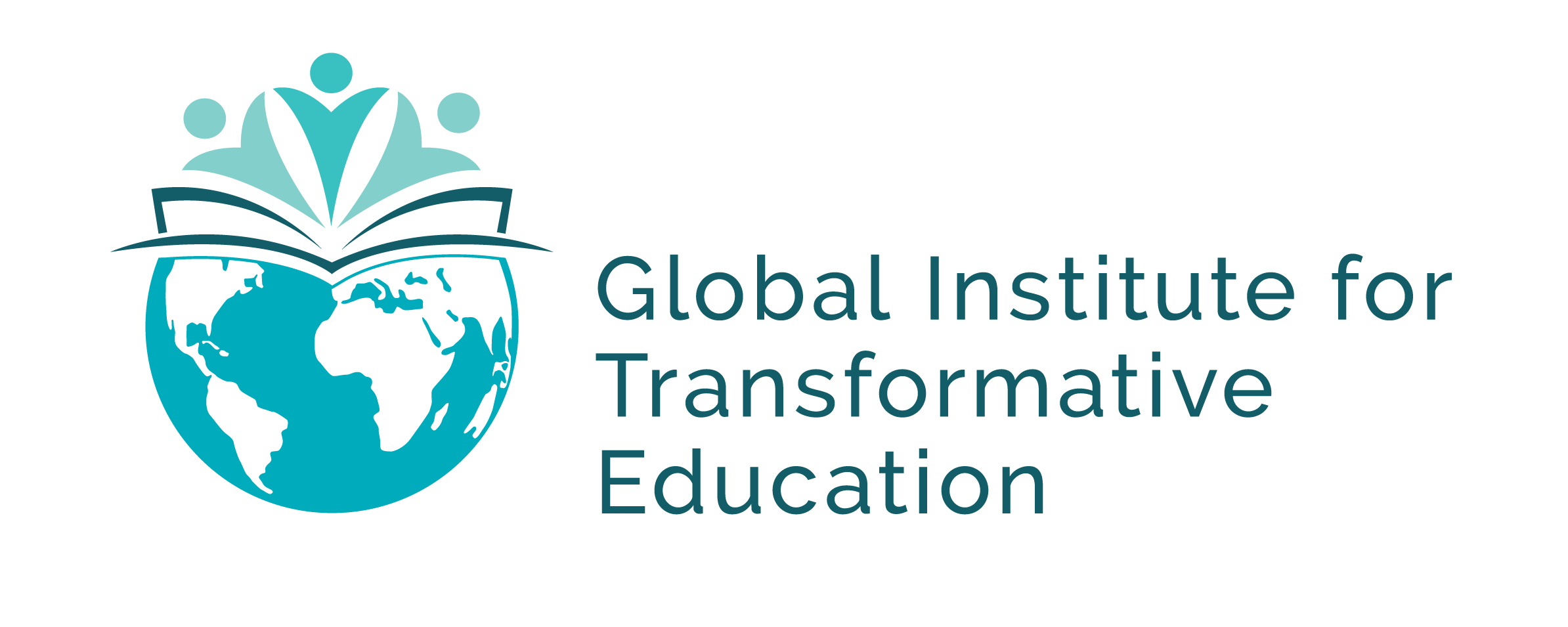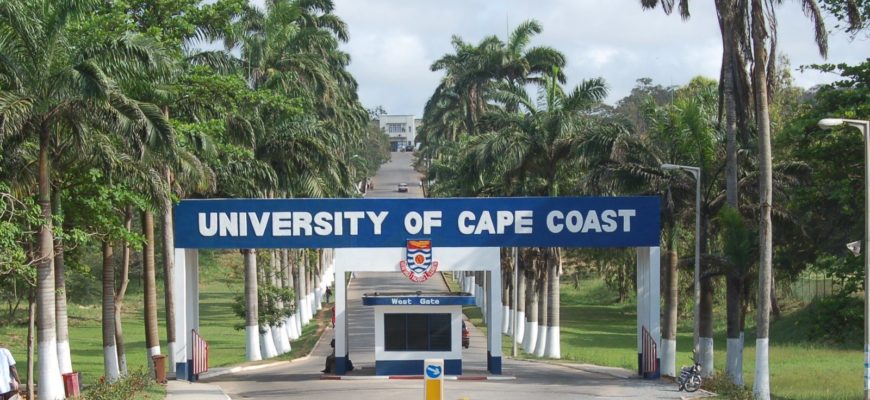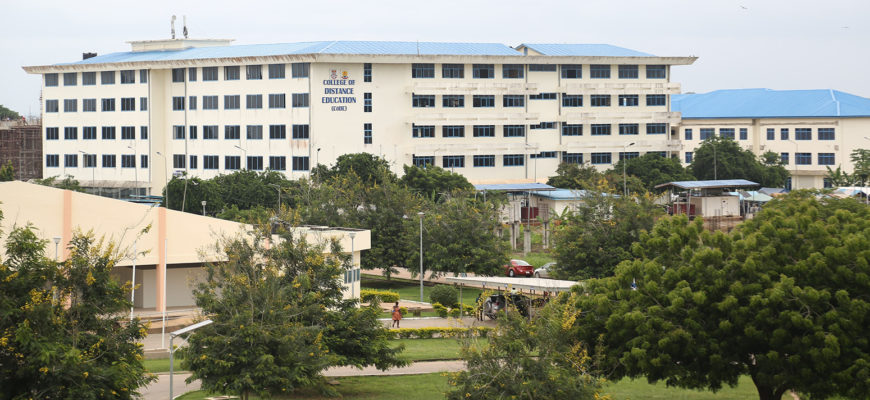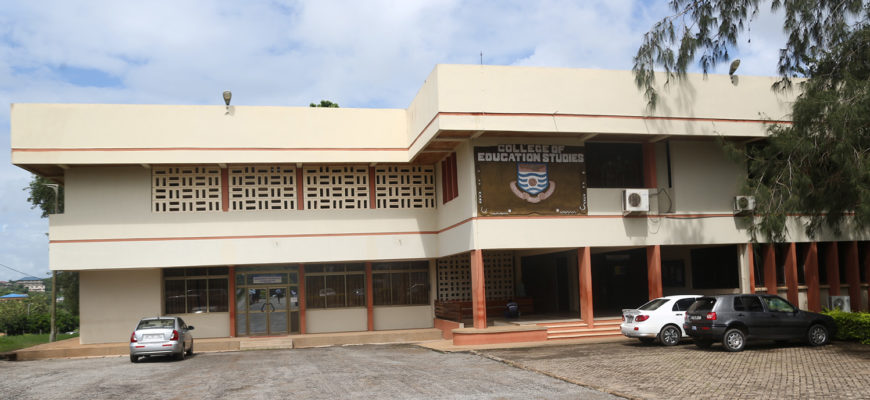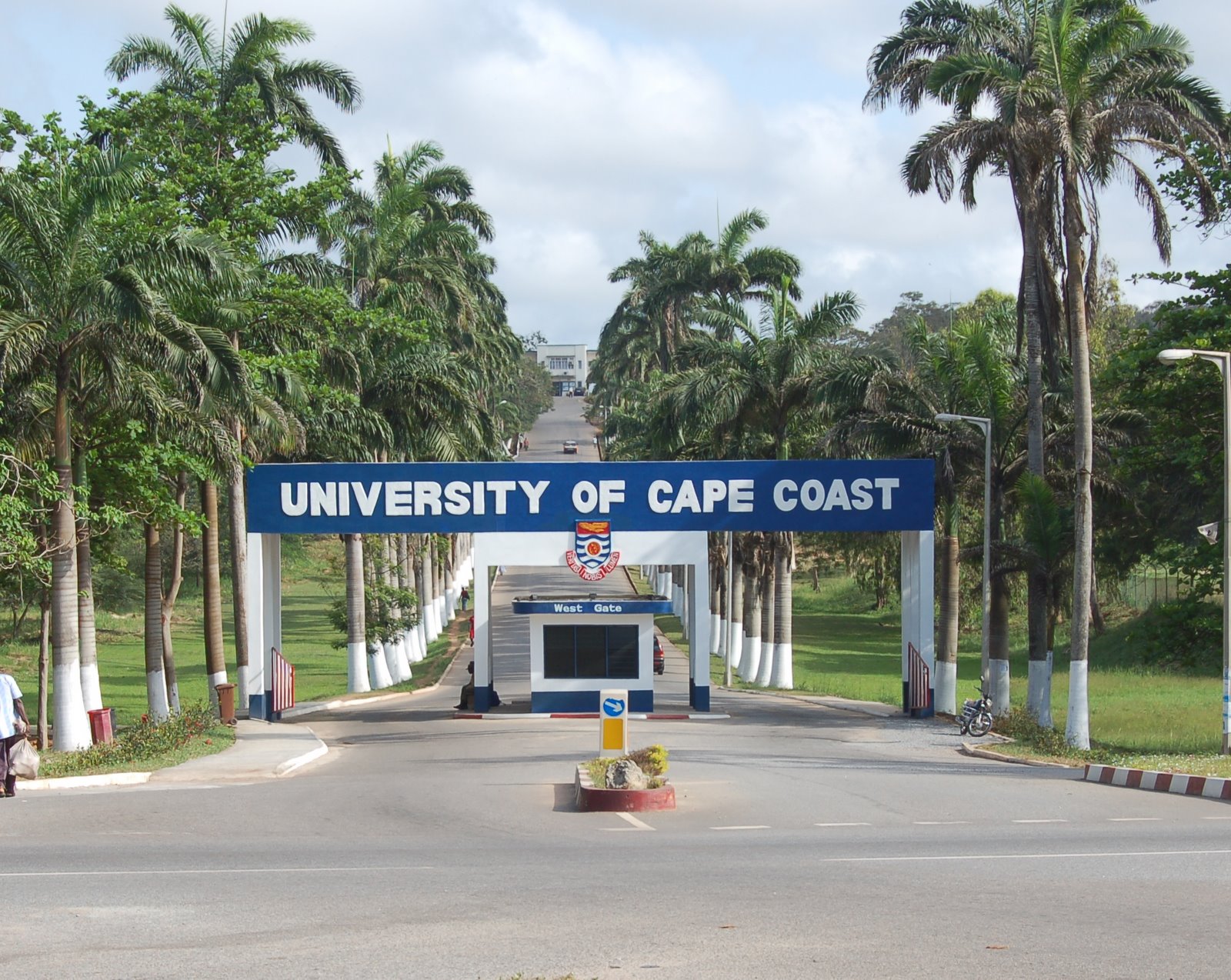Second World Conference on Transformative Education (WCTE)
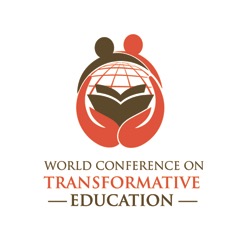
“The Future of Africa and the Role of Transformative Education”
University of Cape Coast
Cape Coast, Ghana
May 18-20, 2023
Download the WCTE_2023_Programme booklet (PDF)
Second World Conference on Transformative Education (WCTE)
The planners for the 2023 WCTE are excited to announce that the conference, previously postponed due to COVID-19, will be held in the summer of 2023.
Registration Page
Click here for the WCTE ‘2023 Conference Registation Page
The discounted Early Bird registration for the conference will begin on March 5, 2023, and end on April 5, 2023.
*Registration fee covers conference brochure, keynote speakers, and a banquet.
- International faculty/K-12educators/researchers (out of the African continent) $230 (early- bird registration $200)
- African faculty/researchers/policymakers $100 (early-bird registration $80)
- African Teacher education faculty $35 (higher education faculty not included)-early-bird registration $30)
- African Students and k-12 teachers $12 (early-bird registration $10)
- Non-African students $60 (early-bird registration $50)
The following modes of registration payment will be accepted:
- Online Conference Registration page
- Western union
- Credit card – Pay via WCTE ’23 Stripe page
- Moneygram
- University of Cape Coast, Ghana
For Money Transfers to UCC:
SWIFT CODE: ZEBLGHAC
SORT CODE: 120301
Bank Address:
Zenith Bank Gh Ltd, Zenith Heights, No 31, Independence Avenue. P M B CT 393, Accra Ghana
Account Number: 0006011406475
To plan your travel, apply for a visa, or view a list of tourism activities, visit the Pre-Conference Information Page
Sessions and Presentations will include the following formats:
Transformative Schools in Africa Presentations (60 minutes) Individual Papers (20 minutes)
Individual paper submissions will be grouped together by the program committee (not more than 3 papers will be grouped) to form a more intimate Discussion Room. Discussion Room will be the primary venue for individual paper submissions. Discussion Room will provide for an intense hour of conversations between presenters and attendees concerning related and emergent topics.
Round Table Discussions (60 minutes)
Individuals or institutional sponsors may organize a round table discussion on a topic related to the theme of the conference. Like panels, round table discussions are coordinated by a moderator, and offer different perspectives on the proposed topic. Presentation time for each discussant is limited to 5-7 minutes. The majority of the session is devoted to dialogue between the discussants and the audience. In the best round tables, the speakers are aware of each other’s work and views; they refute or support those views in their own talks. There is substantive interchange, as well as the chance to go in-depth.
Interactive Workshops (60 minutes)
Presenters spend a short amount of time on the delivery of the pedagogical concept, theory or model, and the majority of the session is devoted to direct, hands‐on participation by the attendees. Workshops are organized to address a theme; discussion is informal and interactive, and papers are not presented.
School Presentations (60 minutes)
P-12 (Pre-nursery through high school) teachers in Africa with sound knowledge of transformative teaching and learning practices that are currently part of their curriculum are invited to submit a proposal. They have been invited to the conference with a group of their students to present one of their transformative lessons.
Public Action/Art Exhibition
We will have a number of spaces available throughout the program for public actions/art exhibitions. These types of presentations are intended to foster critical and public dialogue and should be considered spaces for social action and public pedagogy. Presentation time and venue is flexible and dependent on presenter needs with these types of presentations.
Book Talks (60 minutes)
Authors who have recently published a book that charts a new direction for Africa and that benefits teachers and education policy makers will share their work.
Visas, Lodging and Registration:
A list of available hotels and costs is provided on the Pre-Conference Information page. Links to obtain a visa and Conference Registration will follow very soon.
CONVENERS
For more information about the conveners, view the Meet the Convener’s page.
Michael T. Ndemanu, Ph.D.
Associate Professor of Education
Ball State University, Muncie, Indiana, USA
mtndemanu@bsu.edu
Daniel Baron, Ph.D. (ABD)
Founder of Bloomington Project School, Indiana, USA
dbaron@theprojectschool.org
Ernest Kofi Davis, Ph.D.
Provost, College of Education Studies
University of Cape Coast, Ghana
ekdavis@ucc.edu.gh
Isaac Galyuon, Ph.D.
Professor of Plant Physiology & Molecular Biology
College of Agriculture and Natural Sciences
University of Cape Coast, Ghana
igalyuon@ucc.edu.gh
Dora F. Edu-Buandoh Ph.D.
Associate Professor of English
University of Cape Coast, Ghana
dora.edubuandoh@ucc.edu.gh
Serafin M. Coronel-Molina, Ph.D.
Indiana University Bicentennial Professor
Professor of Literacy, Culture, and Language Education
Indiana University, Bloomington, Indiana, USA
scoronel@indiana.edu
Winnie Mucherah, Ph.D.
Professor of Developmental Psychology
Ball State University, Muncie, Indiana, USA
wmucherah@bsu.edu
Tom J. McConnell, Ph.D
Professor of Science Education,
Ball State University, Muncie, Indiana, USA
tjmcconnell@bsu.edu
Judah Ndiku, Ph.D.
Associate Professor of Educational Administration and Management
Director, Curriculu Review and Development
Masinde Muliro University of Science and Technology
Kakamega, Kenya
jndiku@mmust.ac.ke
Venicia McGhie, Ph.D.
Associate Professor of Education and Literacy
Faculty of Economic and Management Sciences
University of the Western Cape
Cape Town, South Africa
vfmcghie@uwc.ac.za
Moses E. Ochonu, Ph.D.
Professor of African History
Cornelius Vanderbilt Chair in History
Vanderbilt University, Nashville–Tennessee, USA
Moses.ochonu@vanderbilt.edu
View the Appendix to the CFP for a description of Transformative Education.
